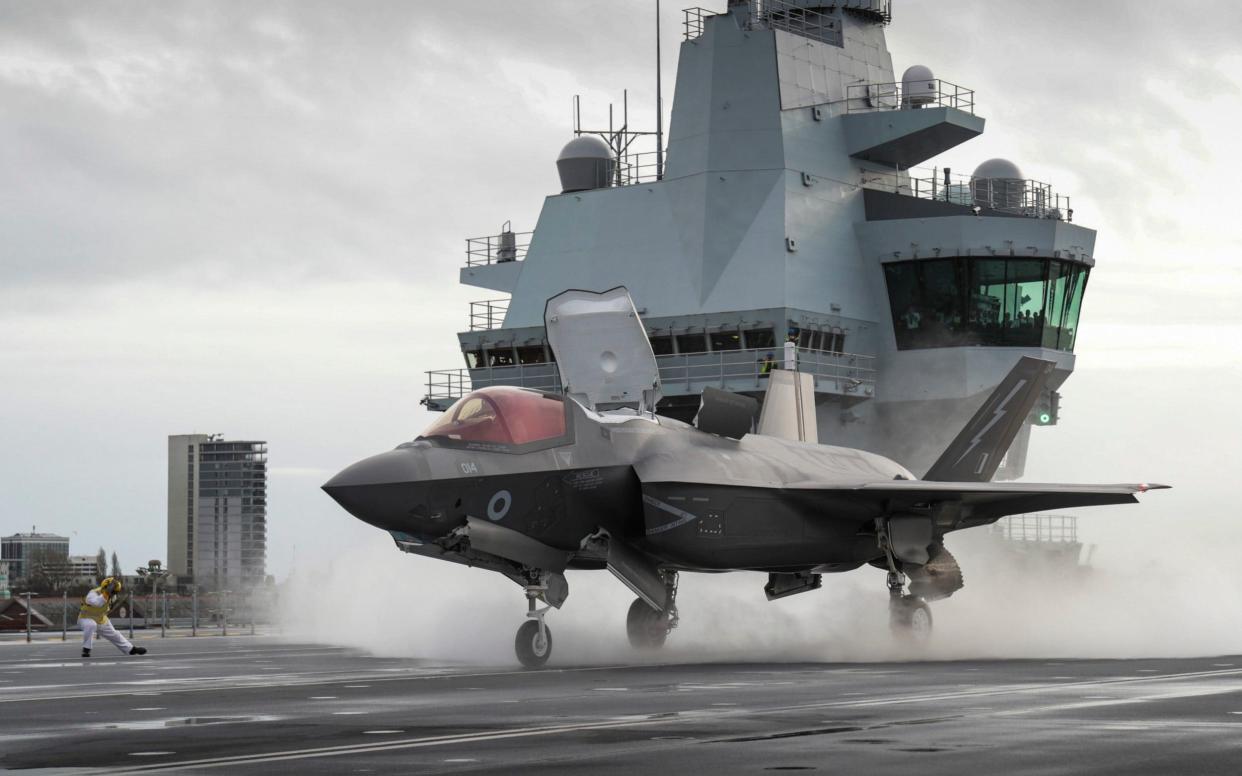South Korea announces plans for an aircraft carrier as tensions rise in the Indo-Pacific

South Korea has confirmed plans to start building its first aircraft carrier next year as tensions grow in the Indo-Pacific region between the US and China and the question of North Korea’s nuclear ambitions remains unresolved.
The acquisition of the billion-dollar, 30,000 ton aircraft carrier, expected to be be equipped with F-35B fighter jets and helicopters, was unveiled in the defence ministry’s national plan for 2021-2025, reported the Naval News.
The carrier would lead a fleet to protect sea lanes and overseas Korean interests and would be dedicated to air operations, it said, adding that the project schedule had been fast-tracked to be launched in the late 2020s.
According to the defence ministry, the ship will be used to transport military forces, equipment and materials as well as operating jets capable of vertical take-off and landing.
"It will enable the military to more effectively suppress threats and dispatch forces and materials to a disputed region in the sea by playing a role of a controlling vessel for the navy unit,” it said in a statement.
Seoul is expected to purchase the F-35B combat aircraft from the US. The jets, which have short takeoff and vertical landing capabilities compatible with a small aircraft carrier, will also be deployed by Japan and the United States in the western Pacific.
All three countries have troubled relations with Pyongyang, which resumed missile testing this year after Kim Jong-un, the North Korean leader, and Donald Trump, the US president, failed to reach a deal to dismantle the regime’s nuclear and long-range missile programmes.
Other Indo-Pacific nations are also looking to shore up their defence capabilities as Washington and Beijing clash over China’s territorial claims in the region.
Taiwan is in talks with the US to acquire underwater sea mines to deter amphibious landings as well as cruise missiles for coastal defense, Hsiao Bi-khim, Taiwan’s new ambassador to Washington, told the Hudson Institute think tank on Wednesday.
The island was facing “an existential survival issue” because of China’s territorial and sovereignty claims and needed to expand its asymmetric capabilities, she said.
China seeks to annex Taiwan, a democracy of 23 million with its own government, military and foreign policy, and Beijing has threatened to use force to do so. In recent months, it has stepped up its air and sea military operations around the island and Taipei has warned that the threat is rising.
“What we mean by asymmetric capabilities is cost effective, but lethal enough to become deterrence - to make any consideration of an invasion very painful,” said Ms Hsiao.


